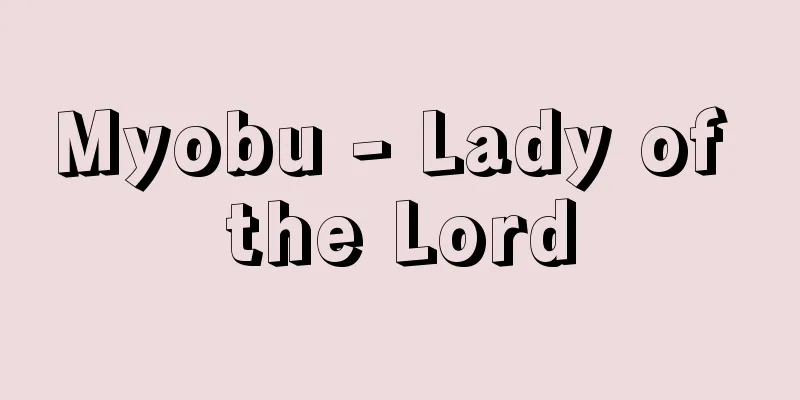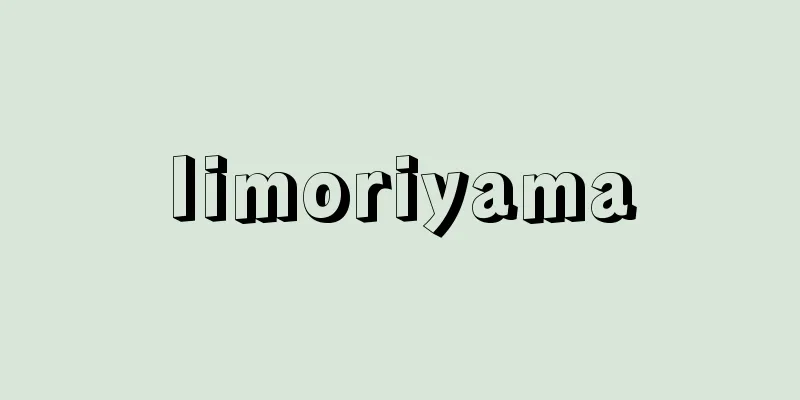《Conference of the Gods》

|
…Soviet filmmakers assisted in the reconstruction of East German cinema, while producer Erich Pommer returned from Hollywood and worked hard to revive West German cinema. In 1946, the production and distribution company DEFA (Deutsche Film AG) was established in East Germany, and the New German Film Company (NDF) was established in West Germany. The first postwar German film was the East German film A Murderer Is Among Us (1946) directed by newcomer Wolfgang Staudte, followed by Lamprecht's Somewhere in Berlin (1947), Kurt Maetzig's Wedding in the Shadows (1947), which focused on the persecution of the Jews, and Schlatt Dodu's Daily Bread (1949). Maetzig's Council of the Gods (1950), which criticised warmongers, was particularly known as a masterpiece. In West Germany, after the release of masterpieces such as Robert A. Stemmle's Berlin Story (1949), Wolfgang Liebeneiner's A Romance of 1947 (1949), and Willi Forst's The Guilty Lady (1951), Helmut Keutner (The Last Bridge) (1954) and Bernhard Bicki (The Bridge) (1959) were expected to be the next generation of promising young directors, but both were absorbed by Hollywood (and neither was successful), and from then on, there was a period of nothing worth seeing until the stirrings of the New German Cinema from the late 1960s to the 1970s. *Some of the terminology explanations that refer to "Conference of the Gods" are listed below. Source | Heibonsha World Encyclopedia 2nd Edition | Information |
|
…東ドイツ映画の再建にはソビエトの映画人が協力し,西ドイツ映画の復興にはプロデューサーのエーリッヒ・ポマーがハリウッドから復帰して力を尽し,1946年,東ドイツでは製作配給会社デーファDEFA(Deutsche Film AG)が,西ドイツでは新ドイツ映画社NDF(Neue Deutsche Filmgesellschaft)が設立された。戦後のドイツ映画の第1作は,新人ウォルフガング・シュタウテ監督の東ドイツ映画《殺人者はわれわれの中にいる》(1946)で,つづいてランプレヒト監督《ベルリンのどこかで》(1947),ユダヤ人迫害をテーマにしたクルト・メーツィヒ監督《日かげの結婚》(1947),シュラタン・ドゥドゥ監督《日々のパン》(1949)などがつくられ,とくに戦争挑発者を批判したメーツィヒ監督《神々の会議》(1950)が傑作として知られた。西ドイツではロベルト・A.シュテムレ監督《ベルリン物語》(1949),ウォルフガング・リーベンアイナー監督《1947年の恋》(1949),ウィリー・フォルスト監督《罪ある女》(1951)などの秀作が発表されたあと《最後の橋》(1954)のヘルムート・コイトナーと《橋》(1959)のベルンハルト・ビッキが次代を担うホープとして期待されたが,ともにハリウッドに吸収され(そしてともに成功できなかった),以後,60年代末から70年代にかけての〈ニュー・ジャーマン・シネマ〉の胎動まで,まったく見るべきものがない時代がつづくことになる。… ※「《神々の会議》」について言及している用語解説の一部を掲載しています。 出典|株式会社平凡社世界大百科事典 第2版について | 情報 |
Recommend
Oshino Basin - Oshino basin
A small basin in the southeastern part of Yamanash...
Mechanistic view of nature
...In other words, nature is objectified as an en...
Collection of Old Japanese Guns - Kobun Teppou Zengoshu
A collection of crazy writings from the Edo period...
Purgatorius
… The oldest known primate fossil, a single tooth...
Abandoned Odera Temple
...The prefectural capital city in the eastern pa...
Sesmaria (English spelling)
Agricultural and pastoral land during the colonial...
Vesakha Festival - Vesakha Festival
In southern Buddhism, this festival is held to cel...
Instrument landing system
ILS is an abbreviation of instrument landing syste...
Preservation lawsuit - Hozensosho
A general term for provisional attachment and prov...
vetiver oil (English) vetiveroil
…It can be harvested once or twice a year. The ro...
Date [city] - Date
A city in southern Hokkaido. Established as a city...
Nishi Amane
Year of death: January 31, 1897 Year of birth: 182...
Hartebeest - Hartebeest (English spelling)
A general term for animals in the genus Alcelaphu...
Complete Industrial Bookkeeping
…Some companies, because of their small size, do ...
Music school - Ongakugakko (English spelling) conservatory English
A school that aims to provide music education and...









